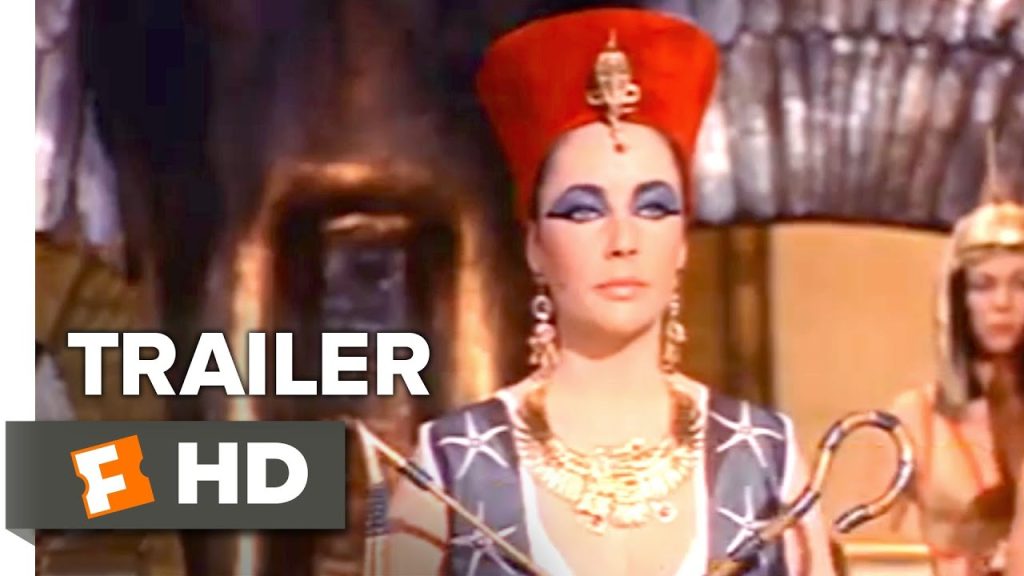Star Trek is a cultural phenomenon that has captivated audiences for over five decades. The franchise has spawned numerous television series, movies, books, and merchandise, and has become a beloved part of popular culture. However, the origins of Star Trek are rooted in the vision of one man: Gene Roddenberry.
Roddenberry was a former pilot and police officer who had a passion for science fiction. He pitched the idea for Star Trek to television executives in the 1960s, and despite initial skepticism, the show was eventually picked up by NBC. The original series aired for three seasons from 1966 to 1969, and while it struggled in the ratings, it gained a devoted fanbase that would go on to shape the future of the franchise.
Early Years of Star Trek
Star Trek was first aired in 1966, and it was unlike any other science fiction show of its time. Created by Gene Roddenberry, the show was set in the 23rd century and followed the adventures of the crew of the USS Enterprise as they explored the galaxy. The show was unique in its approach to science fiction, as it focused more on the human experience rather than just the technology and gadgets.
Despite its potential, Star Trek struggled in its early years. The show was constantly on the verge of cancellation due to low ratings, but it managed to survive thanks to a dedicated fan base. The show’s themes of diversity, exploration, and hope resonated with viewers, and it quickly became a cultural phenomenon.
One of the reasons for the show’s success was its diverse cast. Star Trek was one of the first shows to feature a multi-racial cast, with characters like Uhura, played by Nichelle Nichols, and Sulu, played by George Takei. The show also tackled social issues of the time, such as racism and sexism, in a way that was ahead of its time.
Another factor in the show’s success was its emphasis on exploration. The crew of the Enterprise would encounter new worlds and civilizations, and the show’s writers would use these encounters to explore different themes and ideas. The show’s optimistic view of the future, where humanity had overcome its differences and was working together to explore the universe, was a refreshing change from the dystopian visions of other science fiction shows of the time.
The Original Series
The Original Series, commonly referred to as TOS, premiered on NBC on September 8, 1966. The iconic science fiction series, Star Trek, was developed by Gene Roddenberry; a renowned screenwriter who had worked on a multitude of popular television shows prior to the creation of this show. This classic show featured Leonard Nimoy as the highly logical and analytical Vulcan, Mr. Spock; William Shatner in the role of Captain James T. Kirk; and DeForest Kelley playing the part of Dr. Leonard McCoy – all three characters would become quite well-known within popular culture circles.
Set in the distant future, the popular show followed the brave crew of the USS Enterprise as they embarked on daring voyages to explore unknown realms and civilizations. With a spirit of discovery and adventure, they boldly traversed into uncharted territories that no human had ever ventured before, encountering strange new worlds, lifeforms and cultures along the way.
The Original Series was groundbreaking in its portrayal of diversity and inclusion, with a multi-ethnic cast and characters from different planets and species.
Despite its initial low ratings, the show gained a cult following and has since become a cultural phenomenon. TOS has been credited with inspiring a generation of scientists and engineers, and its impact can be seen in popular culture to this day. The show’s iconic characters, memorable quotes, and imaginative storytelling have made it a beloved classic.
The Franchise Expands
After the success of the original series, the Star Trek franchise continued to expand with movies, spin-off series, and other media.
The first Star Trek movie, titled “Star Trek: The Motion Picture,” was released in 1979. It was followed by five more movies featuring the original cast, as well as four movies featuring the cast of “Star Trek: The Next Generation.” The movies explored new worlds, introduced new villains, and expanded on the characters fans had grown to love.
In addition to the movies, several spin-off series were created. “Star Trek: The Next Generation” premiered in 1987 and ran for seven seasons. The Next Generation was a continuation of the beloved Star Trek franchise, introducing an entirely new cast and vessel that captivated audiences – the USS Enterprise-D. It offered viewers an opportunity to further explore the vast realm of possibilities that exist in this iconic universe. In addition, it spawned several other spin-off series such as “Star Trek: Deep Space Nine,” “Star Trek: Voyager,” and “Star Trek: Enterprise” which all encapsulated different aspects of this storied sci-fi world.
The franchise also expanded into other media, including books, comics, and video games. Fans could immerse themselves in the Star Trek universe through novels, graphic novels, and comic book series. Video games allowed players to explore the universe and interact with characters from the series.
Today, the Star Trek franchise continues to thrive. A new series, “Star Trek: Discovery,” premiered in 2017, and a new animated series, “Star Trek: Lower Decks,” premiered in 2020. The franchise has also expanded into the world of streaming, with several series and movies available on services like Netflix and CBS All Access.
The Cultural Impact of Star Trek
Since its inception in 1966, Star Trek has had a significant impact on popular culture. The show’s themes of exploration, diversity, and social justice have resonated with audiences around the world and inspired countless individuals to pursue careers in science, technology, engineering, and mathematics (STEM).
One of the most notable cultural impacts of Star Trek is its influence on the science fiction genre. The show’s optimistic view of the future, which depicted humanity as having overcome war, poverty, and disease, was a departure from the dystopian themes that were prevalent in science fiction at the time. Star Trek’s vision of a better future inspired other writers and filmmakers to explore similar themes, leading to the emergence of a new subgenre of science fiction known as “hopeful” or “optimistic” science fiction.
Star Trek has also had a significant impact on popular culture beyond the science fiction genre. The show’s diverse cast, which included actors of different races, genders, and nationalities, was groundbreaking at the time and helped to promote greater representation and inclusivity in the entertainment industry. The show’s catchphrases, such as “Beam me up, Scotty” and “Live long and prosper,” have become part of the cultural lexicon and are recognized even by those who have never seen the show.
Furthermore, Star Trek has had a lasting impact on society as a whole. The show’s themes of social justice and equality have inspired generations of activists and advocates, and its portrayal of a future in which humanity has overcome its differences and united to explore the cosmos has served as a beacon of hope for many.
Overall, the cultural impact of Star Trek cannot be overstated. The show’s vision of a better future, its diverse cast, and its themes of exploration and social justice have inspired countless individuals and helped to shape popular culture in ways that continue to be felt today.
Legacy of Gene Roddenberry
Gene Roddenberry’s vision for Star Trek was not only a groundbreaking television series but also a cultural phenomenon that has endured for over half a century. His legacy is evident in the continued popularity of the franchise and the impact it has had on popular culture.
Roddenberry’s vision was to create a future where humanity had overcome its differences and united to explore the galaxy. He believed that science fiction could be used as a tool to address social and political issues, and Star Trek was a reflection of his optimistic worldview. The show tackled issues such as racism, war, and prejudice, and presented a hopeful future where these problems had been overcome.
One of the most significant aspects of Roddenberry’s legacy is the diversity of the Star Trek universe. The original series featured a diverse cast, including an African American woman, an Asian man, and a Russian. This was groundbreaking at the time, and it set the stage for future iterations of the franchise to continue to embrace diversity. Star Trek has continued to push boundaries and challenge social norms, with characters such as a transgender Trill and a non-binary character in Star Trek: Discovery.
Roddenberry’s influence on popular culture is also evident in the numerous spin-offs, movies, and merchandise that have been produced over the years. The franchise has become a global phenomenon, with fans all over the world. Star Trek has inspired countless people to pursue careers in science and technology, and it has had a significant impact on popular culture.
In conclusion, Gene Roddenberry’s vision for Star Trek has had a lasting impact on popular culture. His legacy is evident in the continued popularity of the franchise, the diversity of the Star Trek universe, and the impact it has had on science and technology. Star Trek has become a cultural touchstone, and its influence will continue to be felt for generations to come.



 RELATED POSTS
RELATED POSTS





0 Comments